
Lord Elgin: Voice of the People
1959
0h 29m
This short film tells the story of Lord Elgin, a man’s whose faith in a nation’s right to self-determination was stronger than the threat of the mob or his own fear of failure. Successor to Lord Durham, he established the principles on which Canadian government stands today.
If current server doesn't work please try other servers beside.
Similar Movies

David Thompson: The Great Mapmaker
This short film recreates the story of David Thompson – a man who, over the course of his lifetime, mapped a-million-and-a-half square miles of uncharted territory. His achievement remains unsurpassed.
Rating:
0.0/10
Votes:
0
Year:
1964

Alexander Galt: The Stubborn Idealist
For Alexander Galt it was the middle of the road, until he saw some hope for his dream of a united Canada. What was he like, this stubborn idealist? How did he measure up to other political strongmen of his time? In this film you sense the personal clashes and the interplay of political ambitions that left their mark on history.
Rating:
0.0/10
Votes:
0
Year:
1962

First Journey, Fort William
Set in 1815, this is the dramatic story of a child of the fur trade, son of a Native mother and a Scottish-Canadian fur trader. John Mackenzie's father is a wintering partner of the Montréal-based North West Company, which was for decades the wealthiest merchant enterprise in North America. To mark his entry into adulthood, twelve-year-old John is travelling for the first time to Fort William, the Company's lavish winter headquarters by Lake Superior. In following his journey, the film reveals the complex network of people--Scottish, French and Native Canadian--that made up fur-trading society and gave a unique flavor to the opening up of Canada's northwest.
Rating:
0.0/10
Votes:
0
Year:
1987

Rendezvous Canada, 1606
The dramatic story of two youths--one French and one Indigenous--who share a pivotal time in Canada's history: the first contact between European and First Nations peoples.
Rating:
0.0/10
Votes:
0
Year:
1988
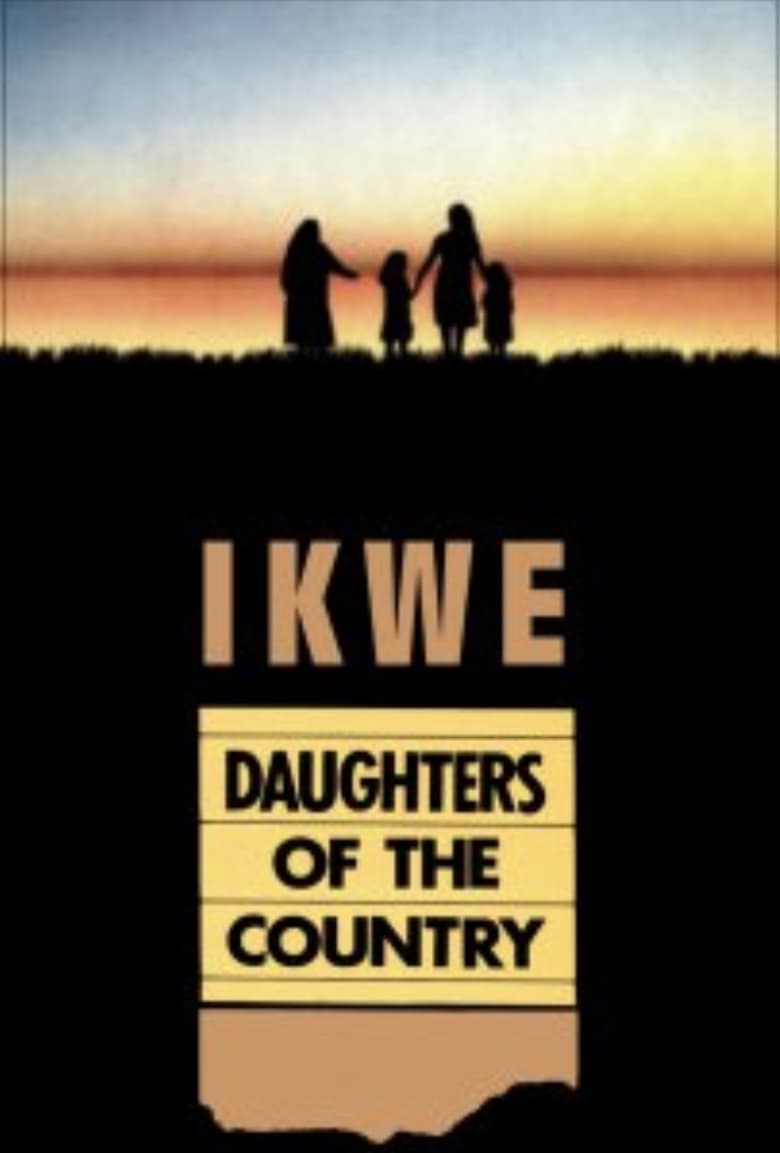
Ikwe
A young Ojibwa girl from 1770 marries a Scottish fur trader and leaves home for the shores of Georgian Bay. Although the union is beneficial for her tribe, it results in hardship and isolation for Ikwe. Values and customs clash until, finally, the events of a dream Ikwe once had unfold with tragic clarity.
Rating:
1.0/10
Votes:
1
Year:
1986

The Last Voyage of Henry Hudson
This short film realistically portrays the conflict Henry Hudson experienced when he went in search of an open water route to the Orient, and no one would follow him. What he discovered instead was an inland sea, a discovery that ended in tragedy.
Rating:
0.0/10
Votes:
0
Year:
1964
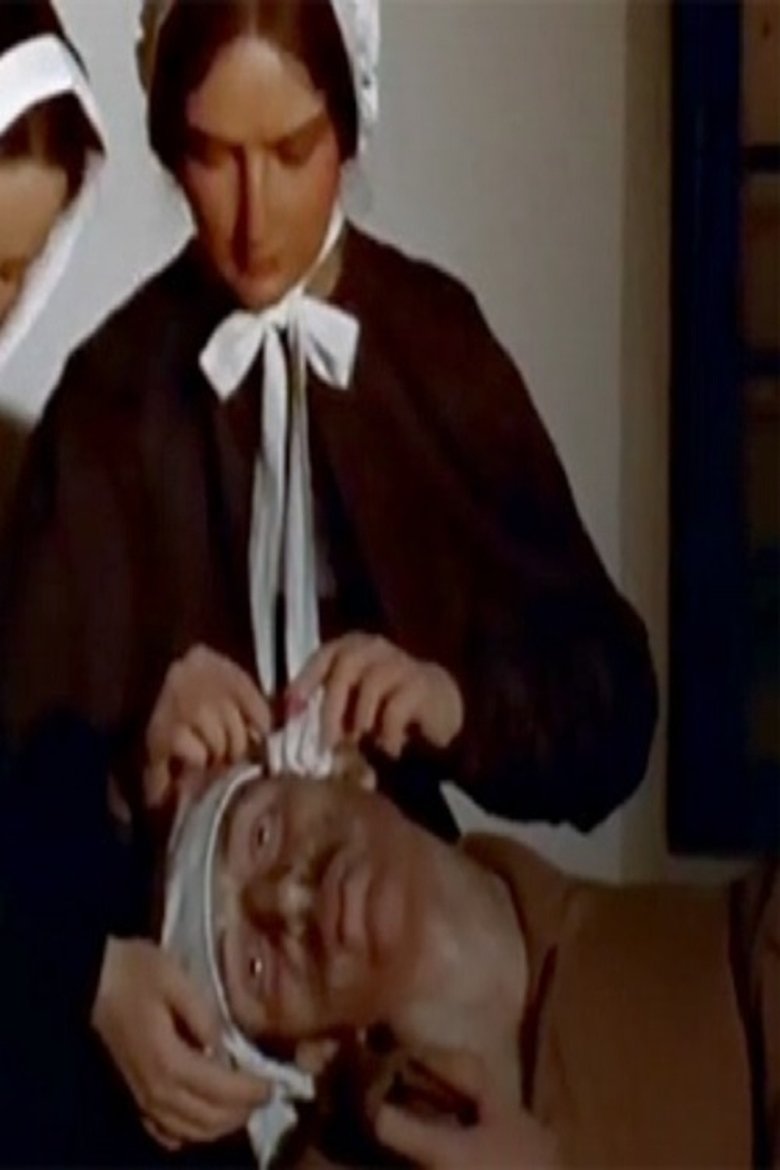
Les Montréalistes
Today it is the city of Montreal, but 3 centuries ago the tiny band of missionary founders called it Ville-Marie, the holy city of Mary. This film goes back to its beginning and those who felt called to plant an oasis of Christianity in the North American wilderness. In an imaginative, at times almost surrealistic, way the film recalls the highborn company from France, and shows what survives of Ville-Marie in the Montreal of today.
Rating:
0.0/10
Votes:
0
Year:
1965

Bethune: The Making of a Hero
True story of Norman Bethune, a medical doctor who fought for justice in China during Mao's rise to power.
Rating:
5.3/10
Votes:
9
Year:
1993
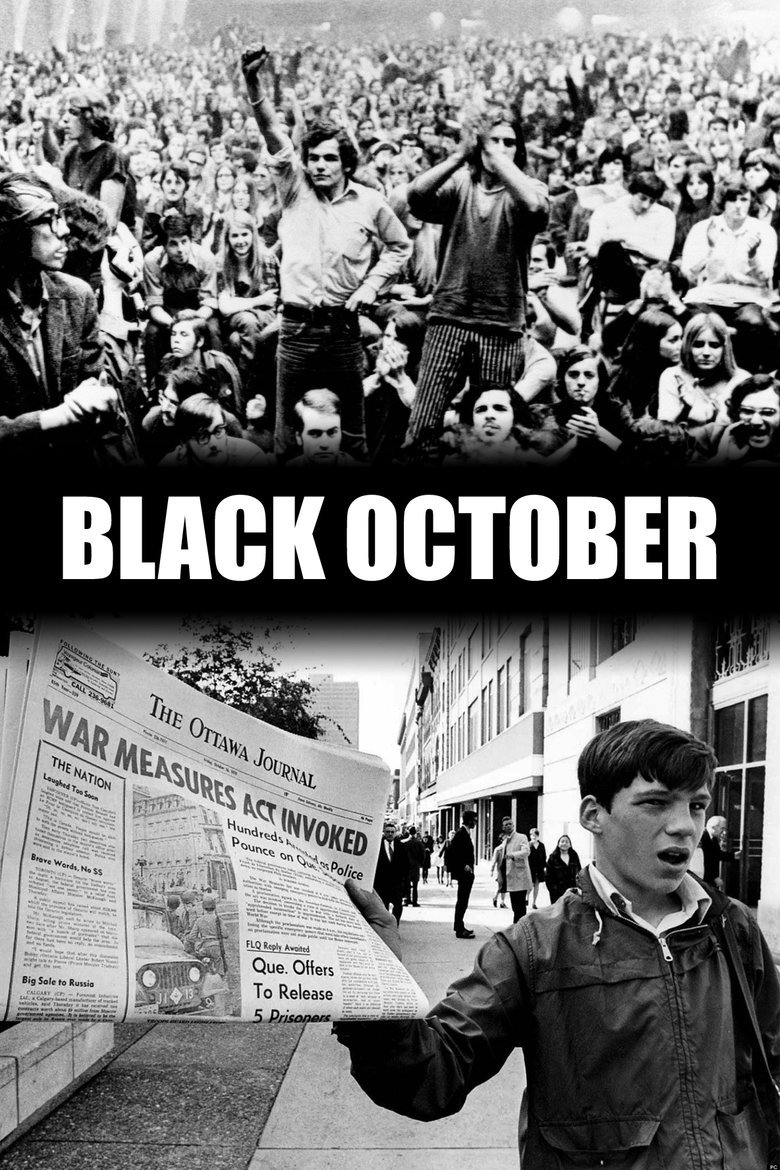
Black October
A documentary recounting the kidnappings of British Trade Commissioner James Cross and Quebec Vice-Premier & Minister of Labour Pierre Laporte by the FLQ on October 5, 1970 in Quebec.
Rating:
8.0/10
Votes:
1
Year:
2000

Tuer l'indien dans le coeur de l'enfant
The Indian Act, passed in Canada in 1876, made members of Aboriginal peoples second-class citizens, separated from the white population: nomadic for centuries, they were moved to reservations to control their behavior and resources; and thousands of their youngest members were separated from their families to be Christianized: a cultural genocide that still resonates in Canadian society today.
Rating:
6.0/10
Votes:
3
Year:
2021
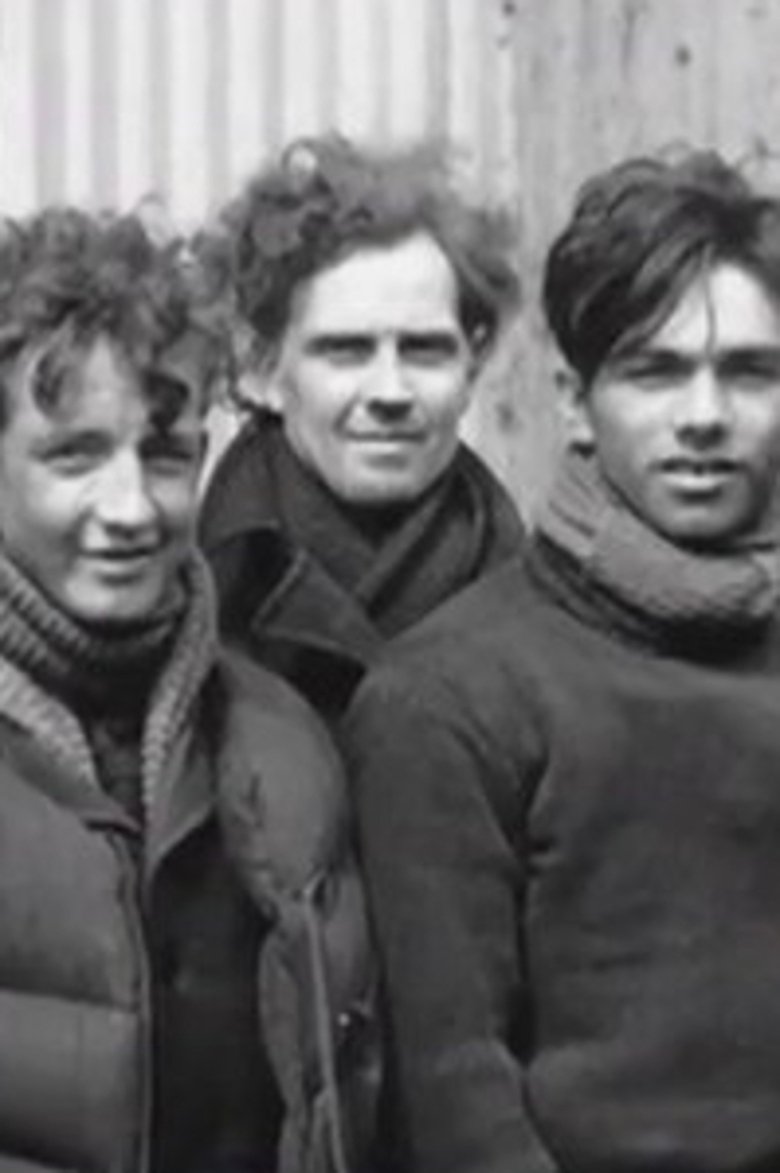
The Crucible
Canada: A People's History - Episode 14: 1940 to 1946 CE. Canada comes of age in the anguish of World War II, with soldiers on the beaches at Dieppe and women in the industrial work force back home. The country's military role, and the domestic, social and political consequences of the war are traced through poignant stories of Canadians on both sides of the Atlantic. The horrific global conflict steals the innocence of a generation... but brings hope for a new future.
Rating:
10.0/10
Votes:
1
Year:
2002
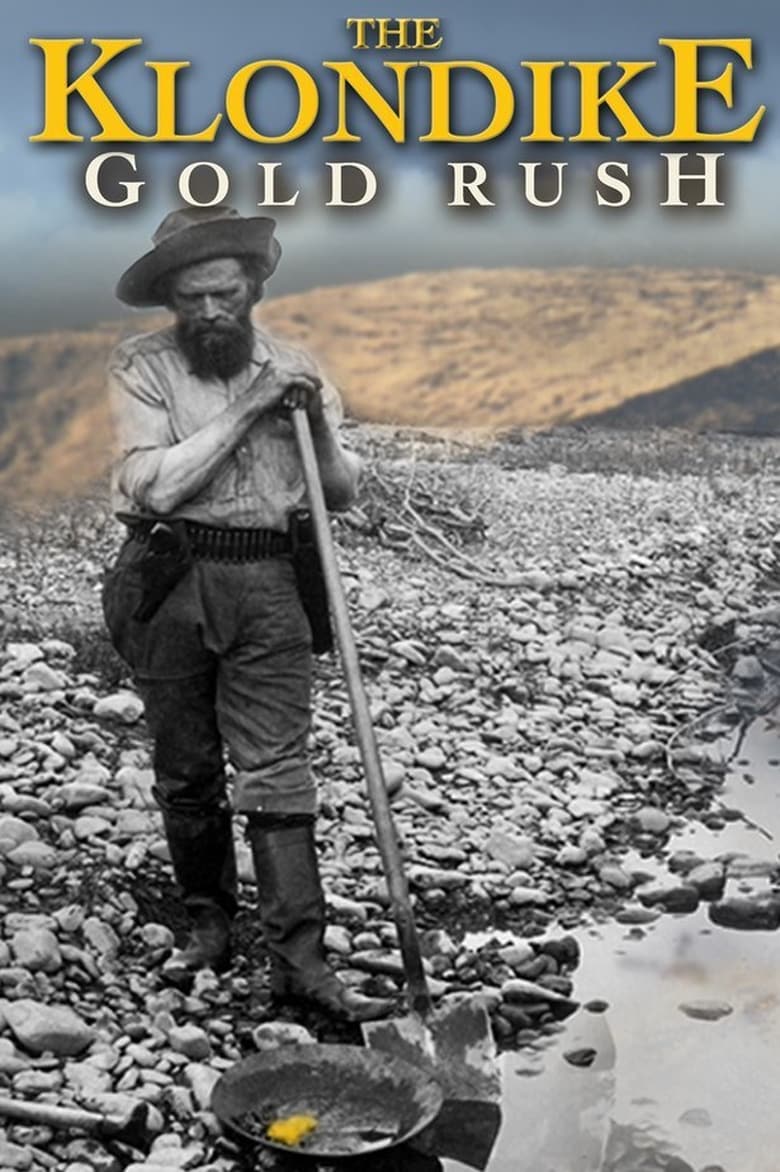
The Klondike Gold Rush
Renowned as the richest gold strike in North American mining history, the Klondike Gold Rush (1896-1899) set off a stampede of over 100,000 people on a colossal journey from Alaska to the gold fields of Canada's Yukon Territory. Filled with the frontier spirit, prospectors came and gave rise to what was one of the largest cities in Canada at that time - Dawson City. The boomtown, which became known as "the Paris of the North", earned the reputation as a place where lives could be revolutionized. Brought to life with excerpts from the celebrated book The Klondike Stampede - published in 1900 by Harper's Weekly correspondent Tappan Adney - and featuring interviews with award-winning author Charlotte Gray, and historians Terrence Cole and Michael Gates, The Klondike Gold Rush is an incredible story of determination, luck, fortune, and loss. In the end, it isn't all about the gold, but rather the journey to the Klondike itself.
Rating:
5.0/10
Votes:
1
Year:
2015
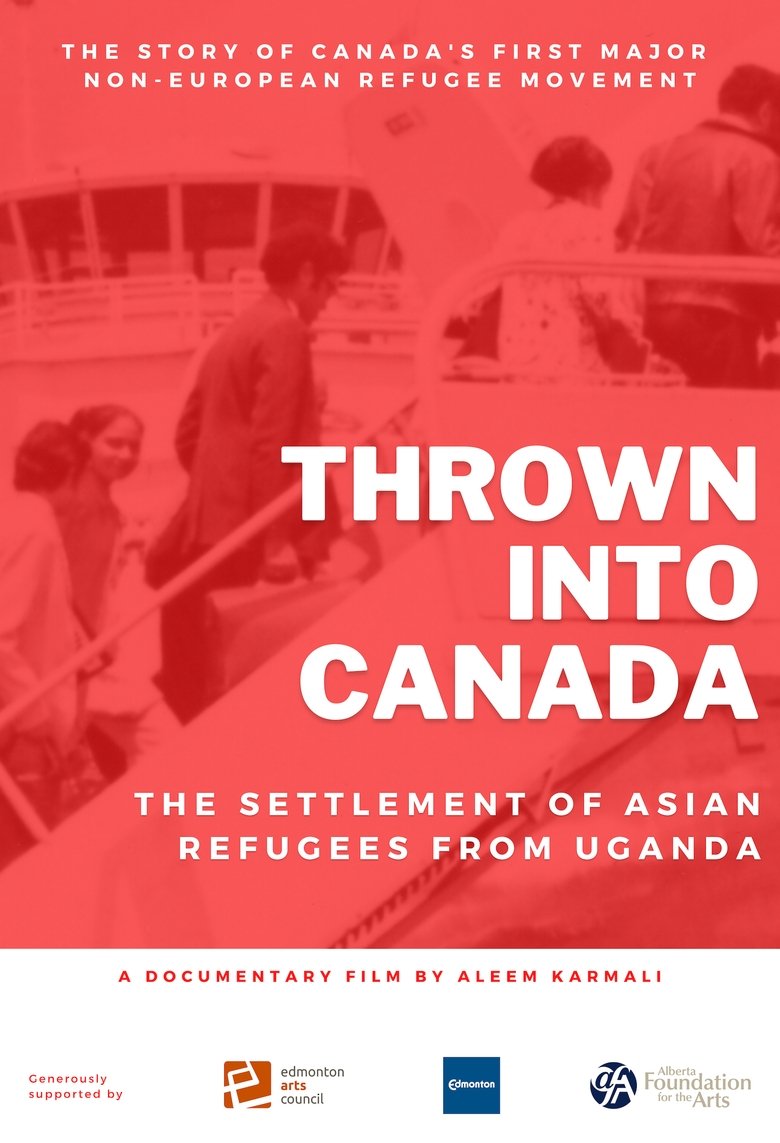
Thrown into Canada
This documentary explores the history of Canada’s first major migration of non-European and non-white refugees who arrived in 1972 when Ugandan President Idi Amin expelled all South Asians from the country. Their story of struggle and hope became part of Canada’s conversations about refugees and cultural pluralism, and informed the Canadian response to future refugee movements.
Rating:
0.0/10
Votes:
0
Year:
2022

Women in the Shadows
Filmed on location in Saskatchewan from the Qu'Appelle Valley to Hudson Bay, the documentary traces the filmmaker's quest for her Native foremothers in spite of the reluctance to speak about Native roots on the part of her relatives. The film articulates Métis women's experience with racism in both current and historical context, and examines the forces that pushed them into the shadows.
Rating:
0.0/10
Votes:
0
Year:
1991

The Hector: From Scotland to Nova Scotia
The story of the 1773 highland migrants who left Scotland to settle in Nova Scotia.
Rating:
0.0/10
Votes:
0
Year:
2017
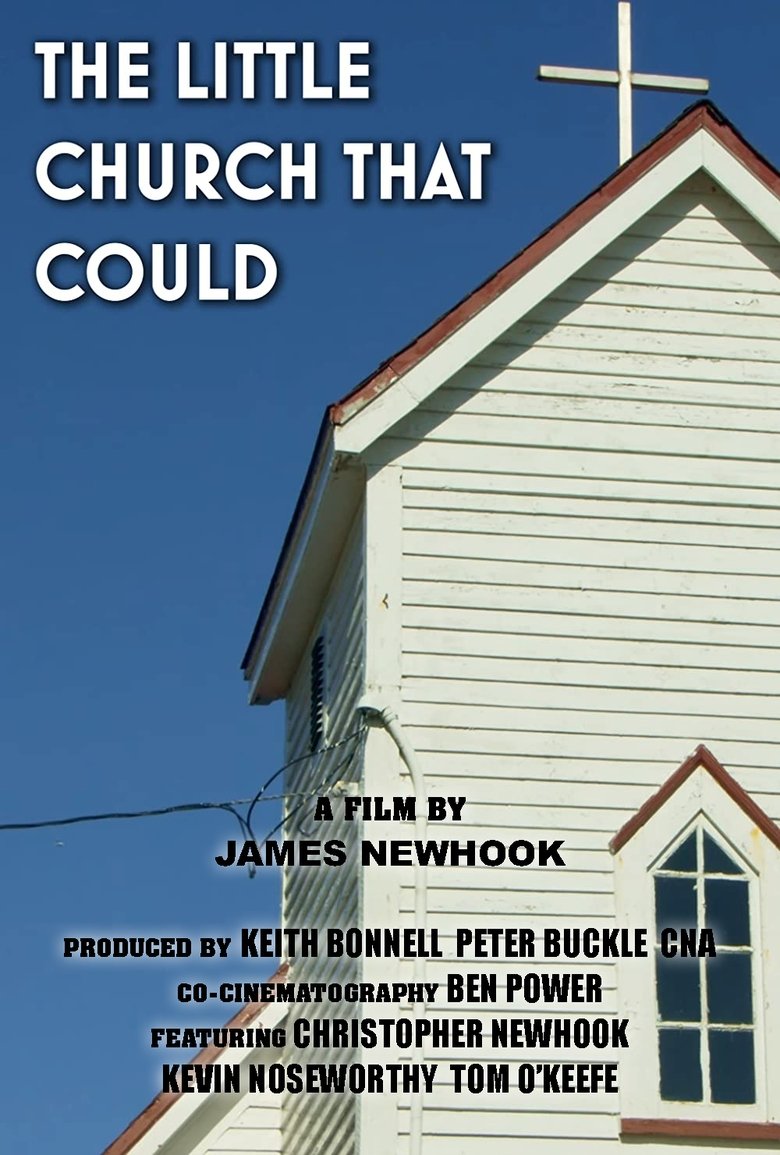
The Little Church That Could
Amidst a mostly Catholic community, a small tiny Anglican church offers more to the community of Placentia than people may think, and holds many connections and history to the rest of the world.
Rating:
10.0/10
Votes:
1
Year:
2022
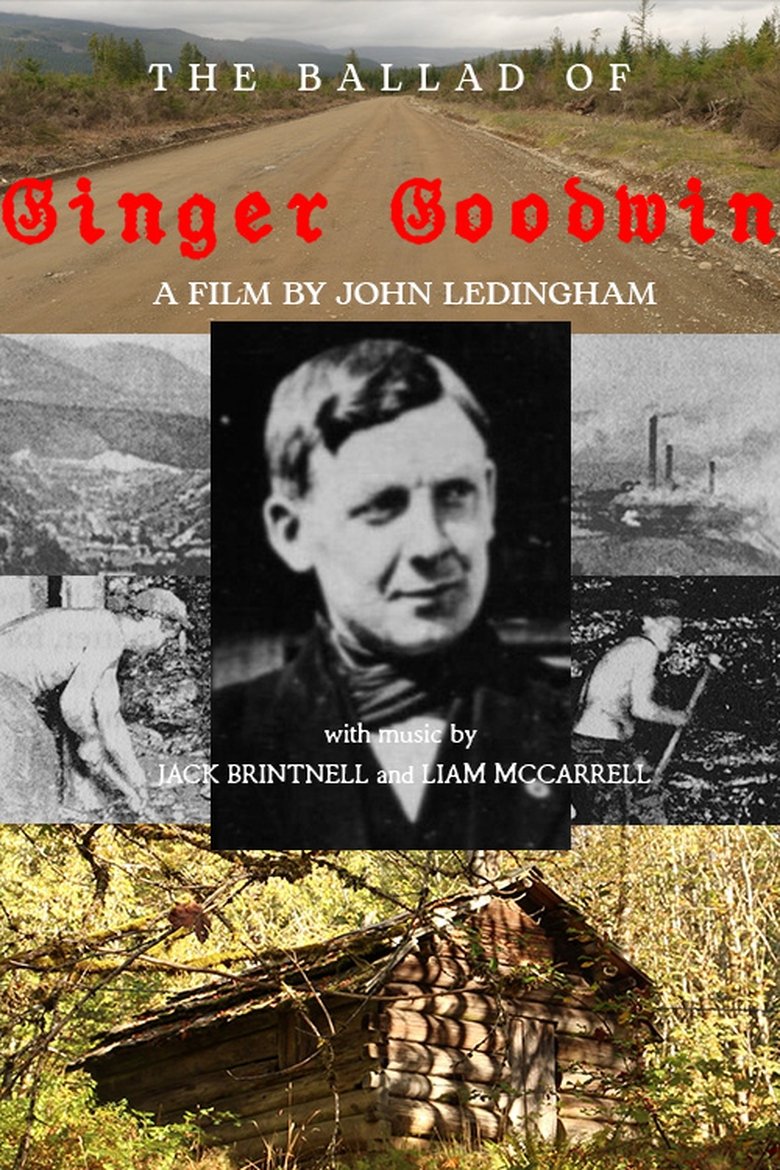
The Ballad of Ginger Goodwin
Documentary on BC coal miner and labor activist Ginger Goodwin, his career as a striker, anti-war efforts, persecution and assassination by a hired gun of the RCMP. Explores locations around Cumberland and the West Kootenays in present day.
Rating:
0.0/10
Votes:
0
Year:
2024

Gentleman Bandit
Documentary on the Canadian career of train robber Billy Miner, who became a folk hero in British Columbia. Locations near Kamloops and Mission are explored in present day.
Rating:
0.0/10
Votes:
0
Year:
2024
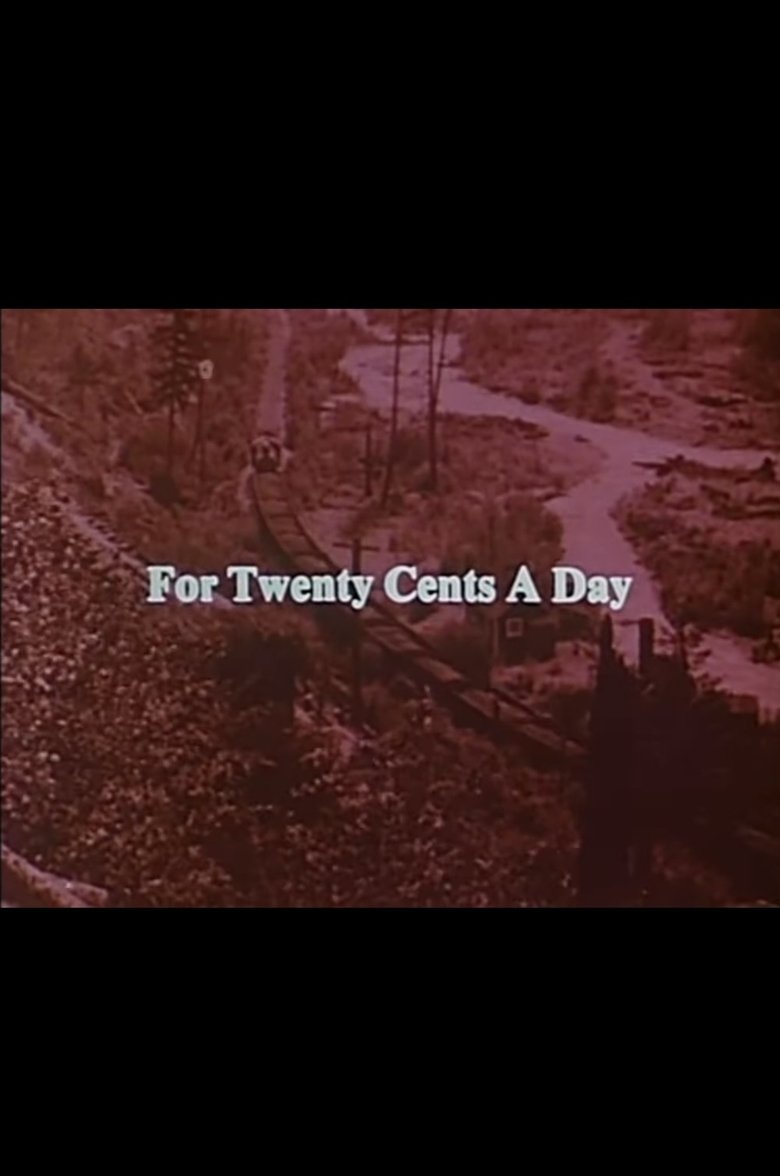
For Twenty Cents A Day
A film documenting work shortages during the Depression of the 1930s and the attempts to deal with the unemployed, in particular young men. The film discusses the establishment of relief camps and projects, where men were paid twenty cents per day; the founding of organizations such as the Co-operative Commonwealth Federation (CCF), Workers' Unity League, and Relief Camp Workers' Union; general unionization and protest of the unemployed, including the On To Ottawa Trek, Regina Riot, sit-in strike from May to June 1938 at the Vancouver Main Post Office, Vancouver Art Gallery and Hotel Georgia, and the resulting Bloody Sunday of June 19.
Rating:
0.0/10
Votes:
0
Year:
1979
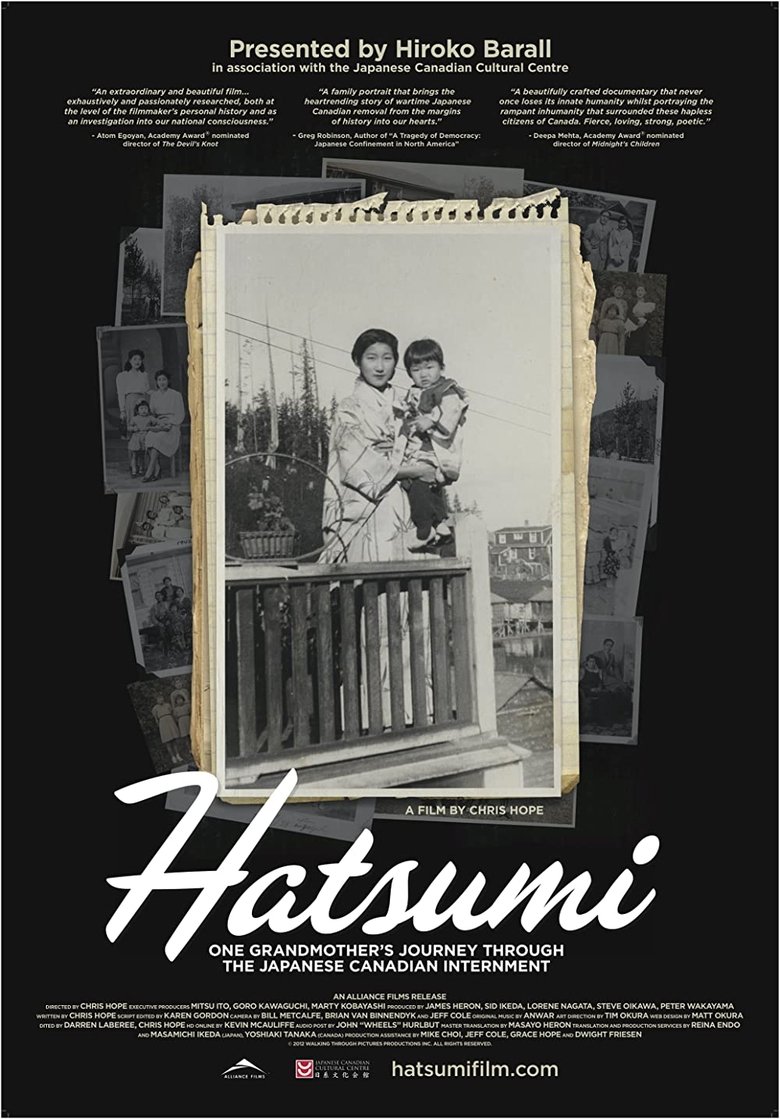
Hatsumi
In Japanese, “shi kata ga nai” means “it can't be helped”. As a phrase, it represents the philosophical basis of the Japanese cultural reserve, through which adversity is never acknowledged. Nancy Okura is a Canadian of Japanese decent. During the Second World War, she was involuntarily removed from her home and relocated to an internment camp by the Government of Canada. Shi kata ga nai prevented Nancy Okura from ever speaking about her internment.
Rating:
0.0/10
Votes:
0
Year:
2012
If current server doesn't work please try other servers beside.